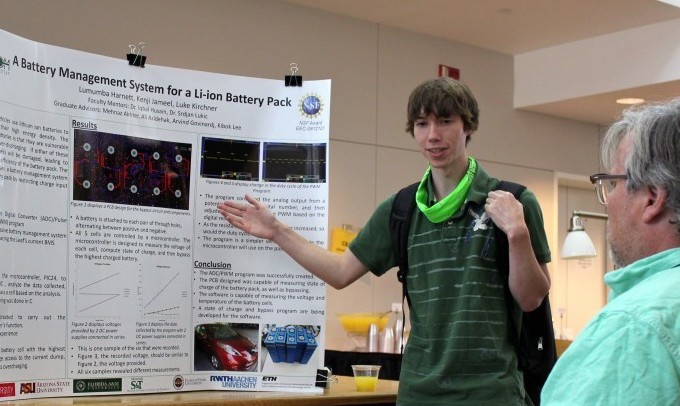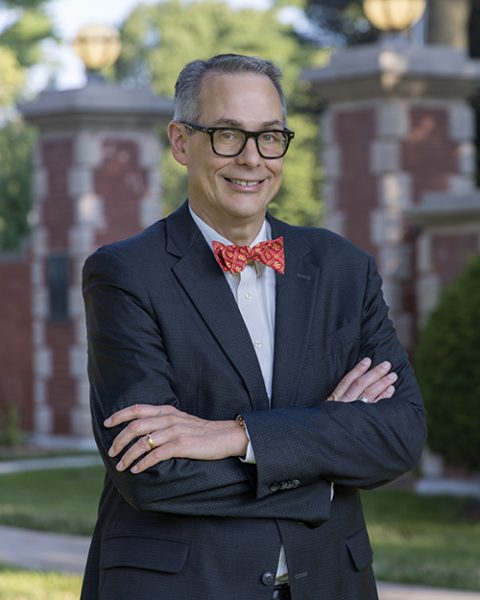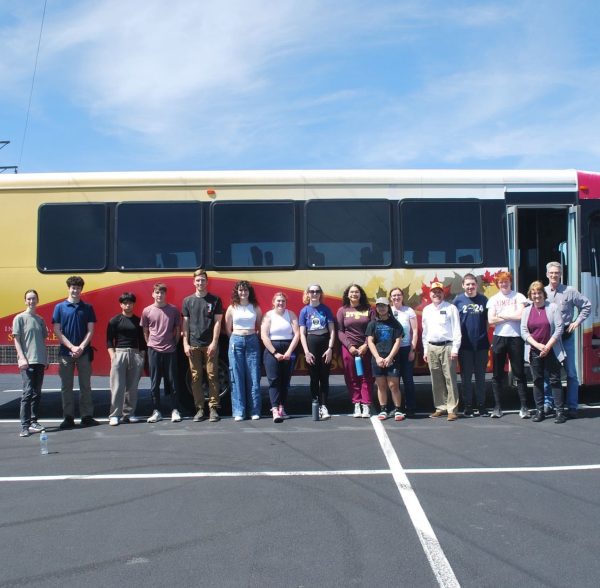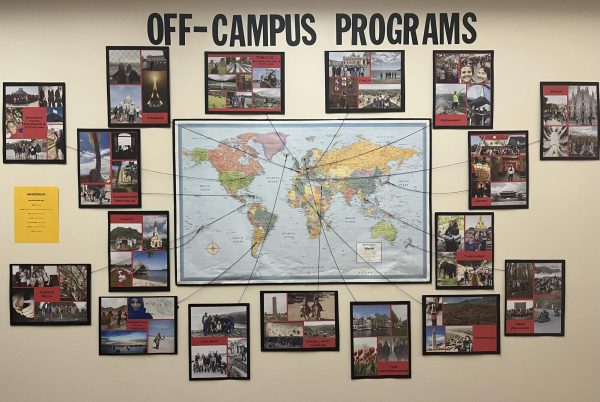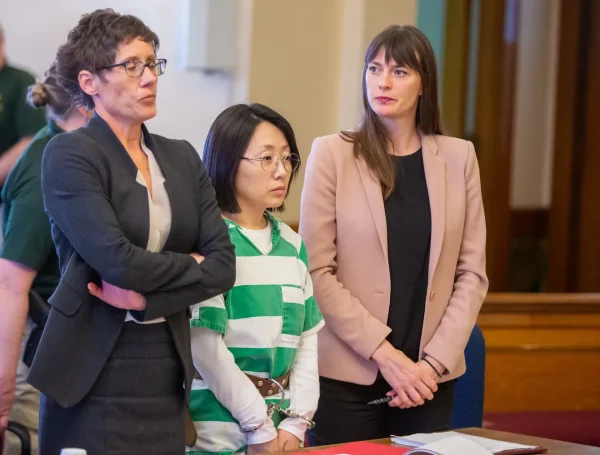Student show off summer work
October 3, 2012
The 6th Annual Research Symposium was hosted Sept. 26 in Carver Science Center from 12:40 to 1:30 p.m.
17 Simpson College students from the Division of Natural Sciences partook in the event.
“The Summer Research Symposium that we do each fall is an opportunity for students who have done research during the summer to share their stories with current students and faculty,” Professor of Biology Jackie Brittingham said.
Many of the students who do research over the summer travel to different institutions. Simpson has had students travel globally, to Russia and Germany, as well as all over the United States.
Henrich was a summer intern at the Jackson Laboratory in Bar Harbor, Maine. The Jackson Lab focuses a great deal on studying mice and comparing results to humans.
“My lab specifically focused on a disease called glaucoma, which is a blindness causing disease that occurs in the eye,” Henrich said. “We focused on a specific blood vessel in the eye and I essentially detailed a developmental plan of that vessel in mice so that we can further understand how that vessel can contribute to glaucoma.”
Research Experiences for Undergraduates (REUs) are a very competitive process. It is advised that students apply to a variety of institutions in order to guarantee a spot.
“It was intense, but worth it,” Henrich said. “I worked for about 55 hours per week, had an excellent mentor, and we produced a lot of results which will be submitted for publication soon in the journal Developmental Cell.”
Hughes has presented his work at the Research Symposium twice. This summer he was an intern at The University of Iowa Biosciences Program.
“This summer I took a bacterium called listeria monocytogenes and I entered transposons into different ones and I saw how that listeria grew inside macrophages,” Hughes said. “I was looking for defects in listeria monocytogenes and macrophages. What I found was that there are 57 mutants that can’t grow inside the macrophage cell cytosol. What I have to do next is to find out where the transposons are located in the listeria genome, and then that way I will be able to find out what genes where affected and how the genes allow for the bacteria to grow inside the macrophage cytosol.”
Listeria monocytogenes is a bacterium that causes Listeriosis, a deadly infection that is food borne.
Simpson College offers a REU for students studying Mathematics here over the summer. This coming summer, Simpson will also be offering an Environmental Science REU.
Under the new curriculum, students are required to have a capstone experience. Participating in a REU, and presenting at the Research Symposium, could be one of the ways students studying the sciences could fulfill this requirement.



